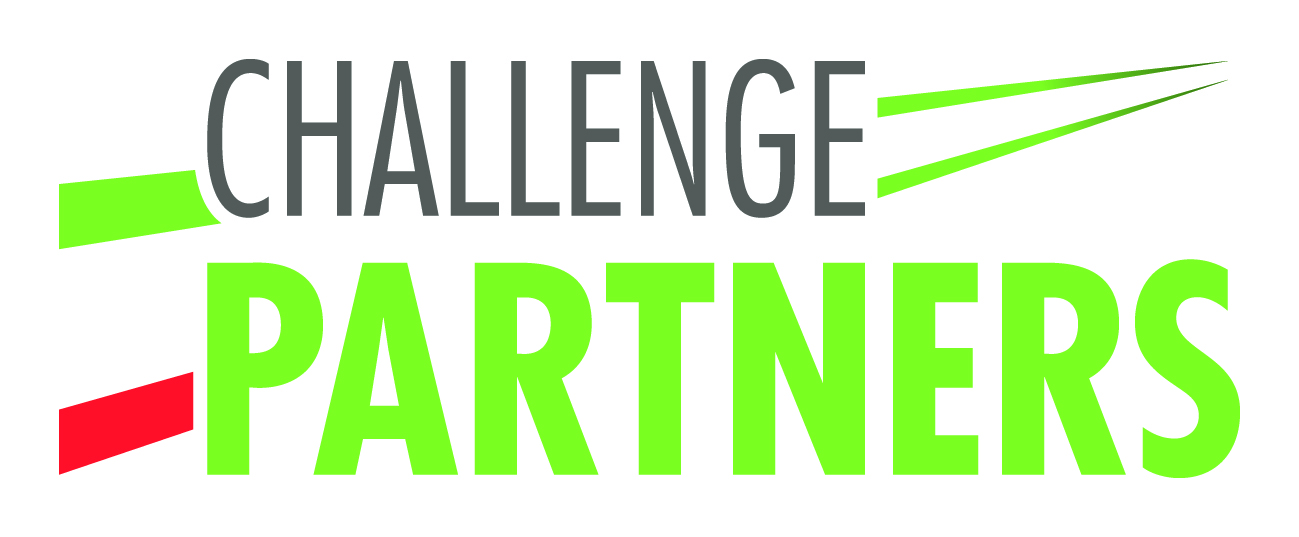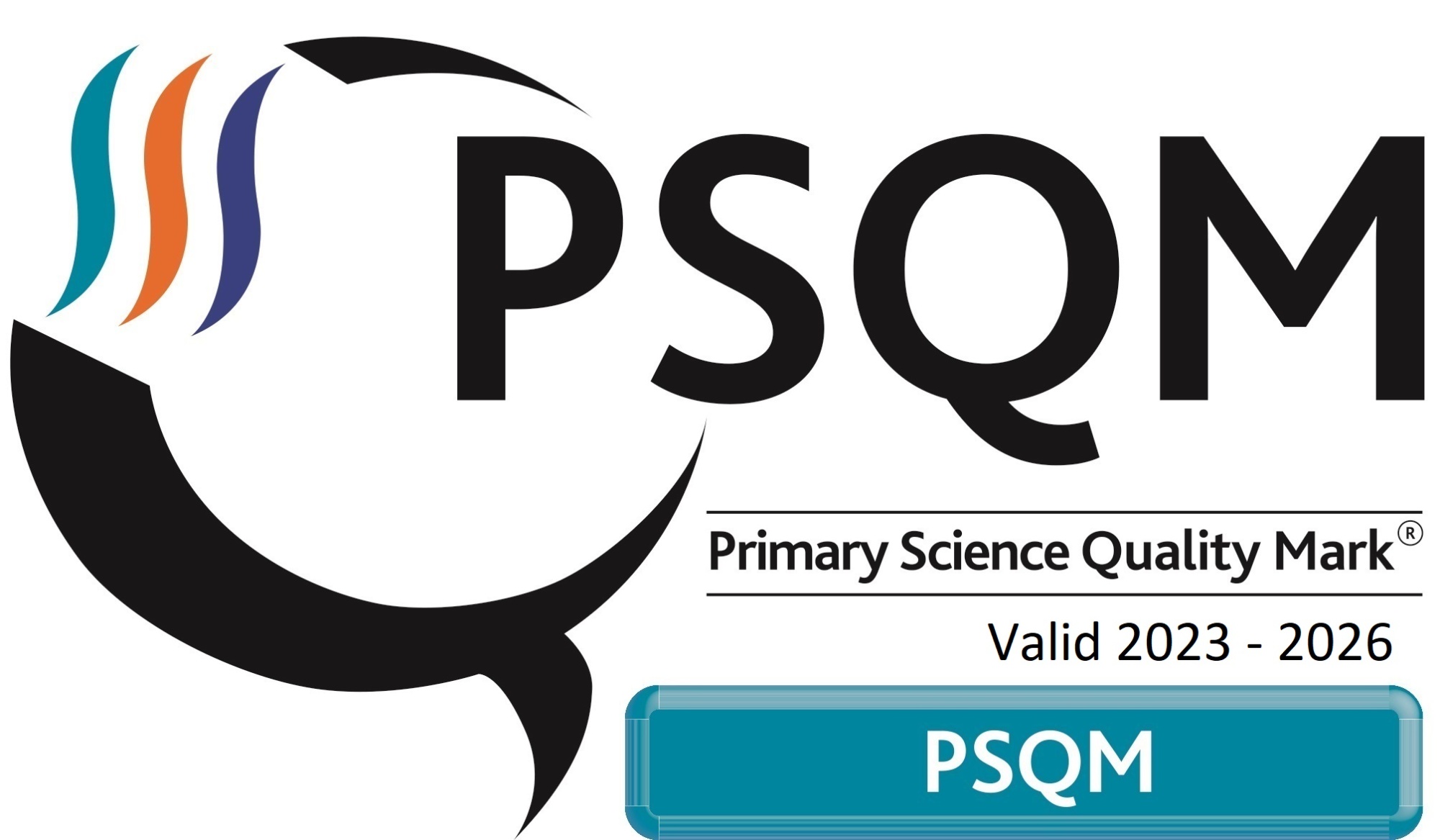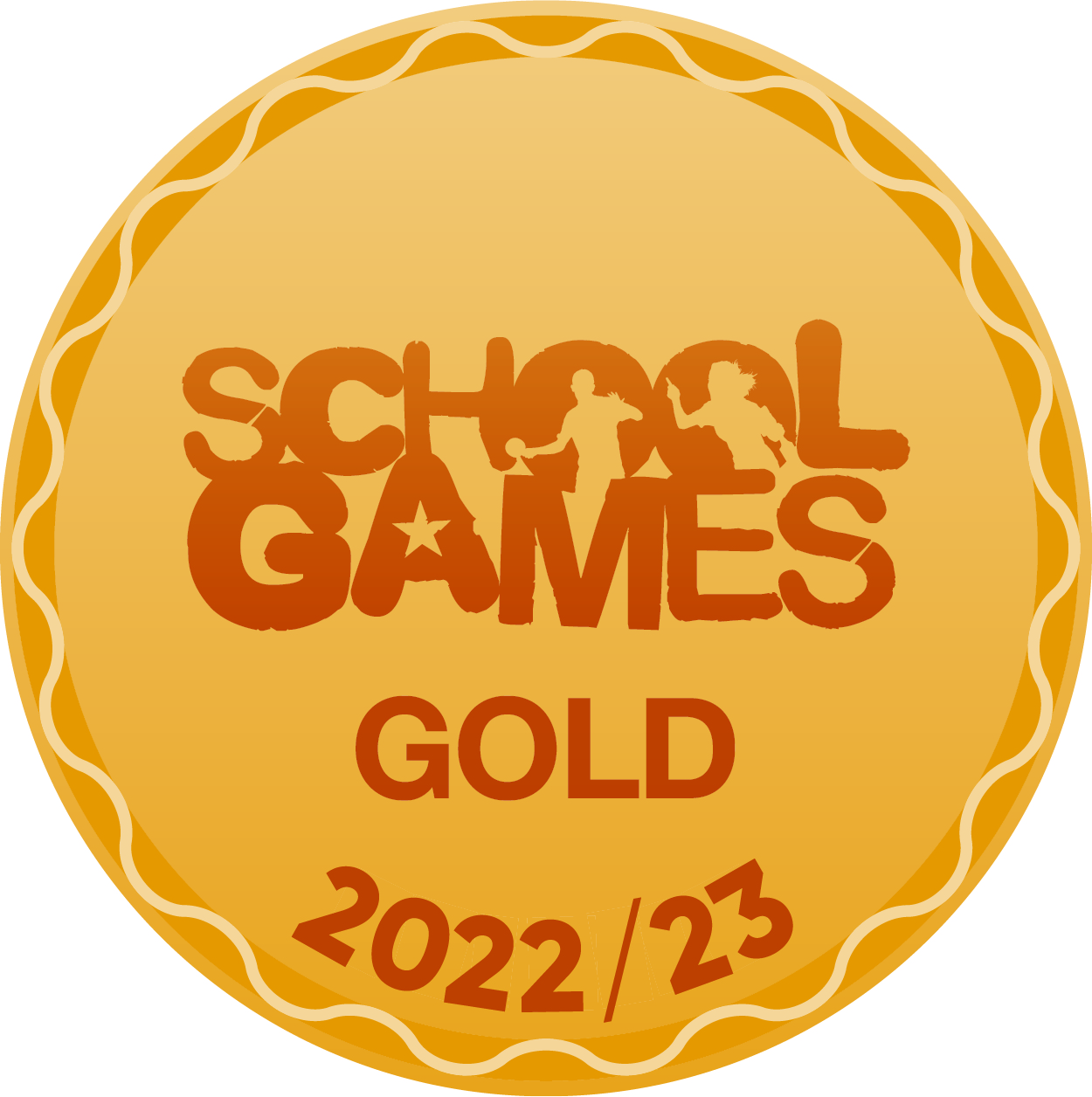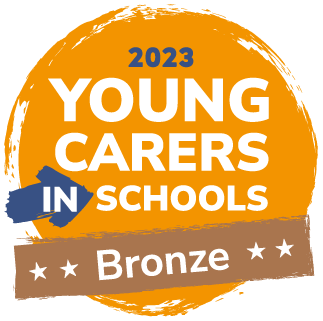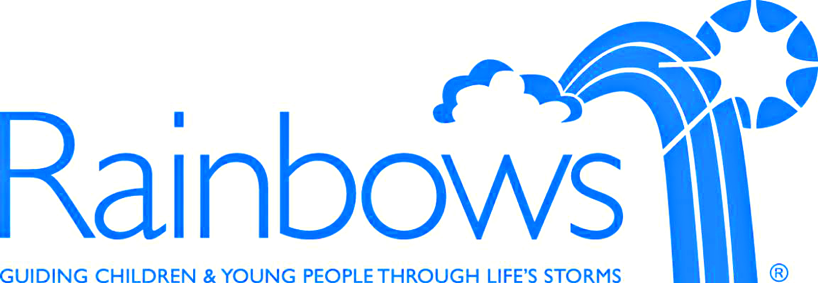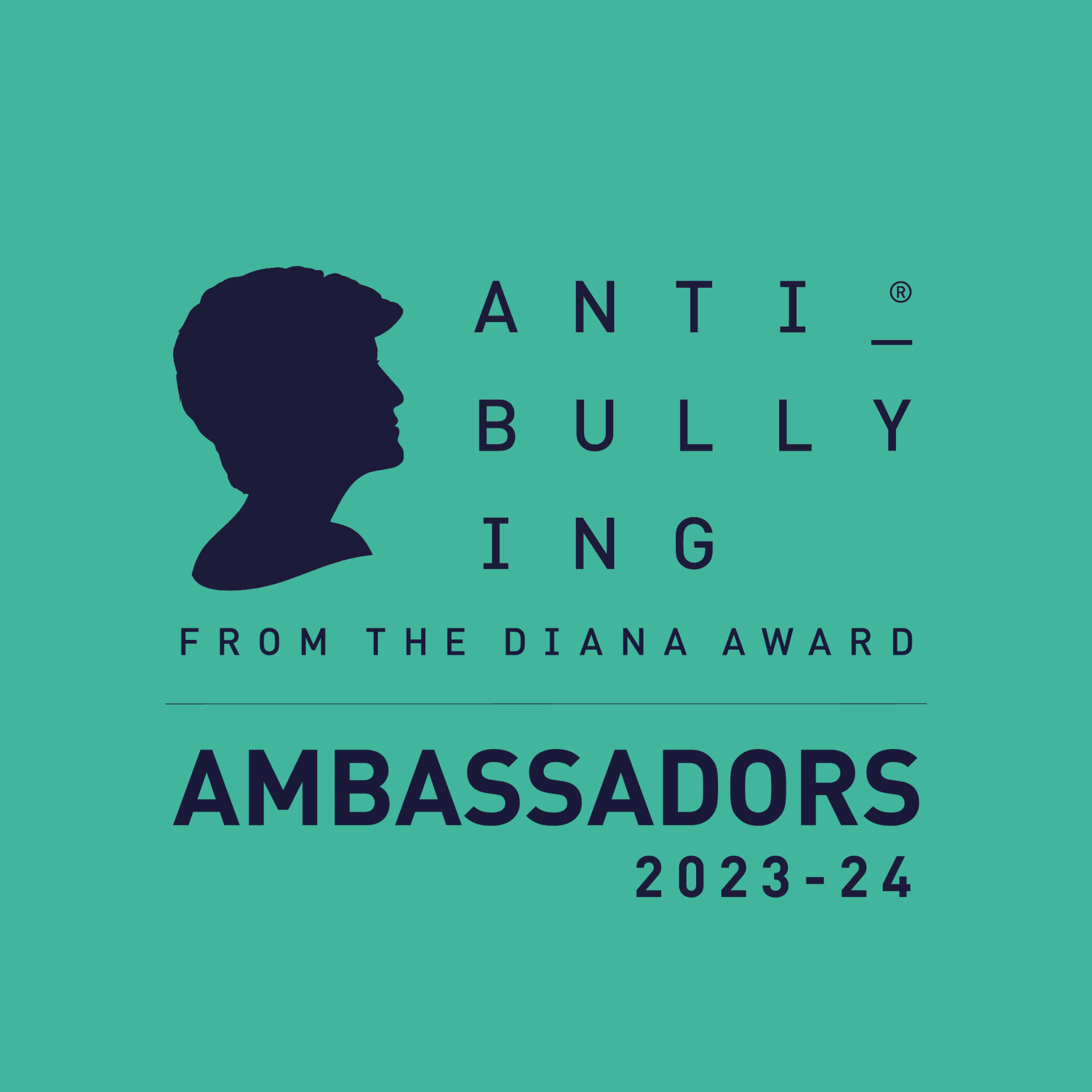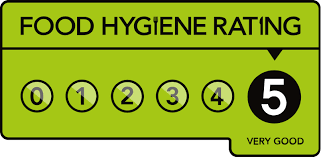Music
Intent
At William Byrd we aim to provide an enjoyable and challenging music curriculum which gives all pupils the opportunity to sing, play, create and perform, both individually and collaboratively. Lessons are inclusive and developmentally appropriate for different age groups and specific needs of the children, while still allowing opportunities for students to stretch and challenge themselves.
The music curriculum is designed to build a musical foundation and build on skills and knowledge throughout the years. Pupils will become confident in in their ability to create, compose, perform and listen. Children will leave KS1 with good understanding of a variety of rhythms and pitches and basic knowledge of stick notation, using crotchets, quavers and rests. They have learnt and practised key glockenspiel skills through taught exercises and composition activities. Pupils have also been exposed to music from around the world through the folk music based curriculum. As students progress through KS2 they become more confident in their singing and musical skills on a variety of tuned and untuned percussion instruments. Students have a more in depth understanding of the inter-related dimensions of music and can describe music using key terms (pitch, pulse, rhythm, tempo, dynamics). They have an increased awareness of different genres of music and music from other countries and can improvise and create music in different styles and metres, including compound time. Pupils can read and transcribe stave notation using simple and compound time, complex rhythms, including dotted rhythms, and a full diatonic scale. Children will move onto KS3 with a passion to learn and share their love of music.
Implementation
To ensure our music provision at William Byrd is high standard, our music curriculum lessons are delivered by music specialists from Sing Education. The music curriculum is made up of half-termly units, with step-by-step progression, always building on prior knowledge and skills, giving children the opportunity to consolidate, deepen and progress their rich musical skill set.
Sing Education teachers use the Kodaly method of teaching to ensure subject matter is presented logically and building on the children’s previous experience with music. This helps students to consolidate earlier learning and link new concepts to previous knowledge.
Children regularly have the opportunity to perform and record a piece of repertoire they have studied at the end of each half term, with the chance to describe and discuss what they have been learning and exploring in music lessons. This allows teachers to assess progression and embed the learning of the half term. Other performance opportunities like seasonal in-school performances and shows give students the exciting experience of performing before an audience.
Teachers create a positive learning environment through positive classroom management, and singing led, child focussed lessons. The school has a dedicated space for music and music displays. Children receive access to high quality music resources and instruments to reinforce the ambitions of the curriculum.
Music is made an integral part of school life through regular singing assemblies. Many students also attend small group and one-to-one private tuition. Alongside the music curriculum, Sing Education online resources and lessons are used by class teachers and students regularly.
EYFS
In Nursery and Reception children begin to experience making music together in their 30 min weekly curricular music lessons. Through singing games, songs, rhymes and listening activities, children learn to recognise and recall songs, pitch match and begin solo and small group singing. EYFS children begin learning ensemble skills with glockenspiel and other percussion instruments.
KS1
In KS1 weekly curricular music lessons allow students to learn about pitch, pulse and rhythm. The singing led curriculum helps children to discover and develop their singing voice and ensemble skills on a range of instruments, through opportunities to create and perform their own compositions to the class. The Year 1 and 2 curriculum exposes children to a diverse variety of music from around the world and school choir encourages them to perform these to a wider audience.
KS2
KS2 music lessons build a strong musical foundation for all students. Children develop their appreciation for music and the key role it plays in shaping cultures all over the world. A good understanding of musical theory and notation are developed through exploring new genres of music (classical, pop, musical theatre, jazz and blues). KS2 school choir and the end of year show, gives children opportunities to share their singing skills with the wider school community and beyond.
Impact
Music lessons are monitored by senior leaders and curriculum leads from Sing Education, using a variety of strategies such as lesson observations, staff discussion and regular ‘Pupil Voice’ surveys. Feedback is used to inform improvements in the implementation of music.
Recordings of the children are kept to monitor the progression of skills across the children’s academic career, giving pupils the chance to display their musicianship skills and understanding of the key musical elements through demonstration and discussion. Children are able to talk about what music means to them, culturally and individually. They understand with increasing confidence, the cultural impact of music on the world around them and the role that their own culture has contributed to this.
Children will go on to the next stage of education with detailed and foundational knowledge that will help them to pursue music in the future should they choose to.



